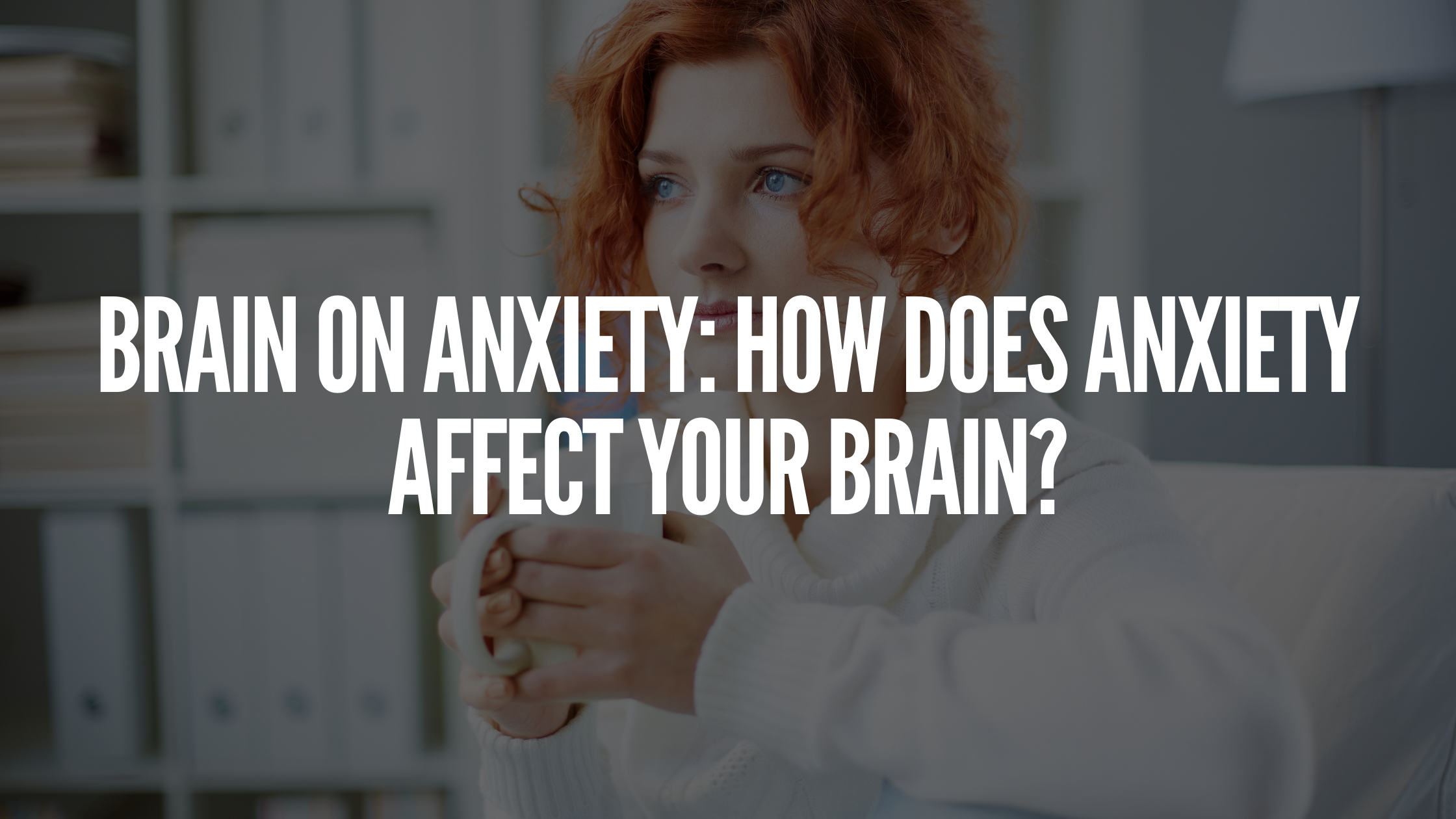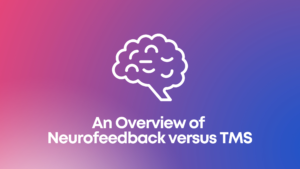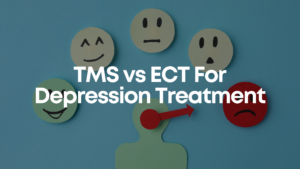Anxiety is a normal emotion that we all experience at one point or another. It’s characterized by feelings of worry, nervousness, and fear. While it can be helpful in some situations (like when we’re about to take a test or give a presentation), it can also be debilitating. When our anxiety is constantly activated, it can take a toll on our mental and physical health. This article will go over what happens to your brain on anxiety, and the implications involved..
So, how does anxiety affect the brain?
We all have what’s called the “fight or flight” response, which is a survival mechanism that helped our ancestors avoid predators and other threats. When we perceive a threat, our body releases stress hormones like cortisol and adrenaline. These hormones increase our heart rate and blood pressure, and they prepare us to either fight or flee.
In the short term, this response can be helpful. It can give us the boost of energy we need to get through a difficult situation. But when we’re constantly in a state of anxiety, our body is in a constant state of “fight or flight.” This can lead to a number of health problems, including:
- Insomnia
- Digestive issues
- Headaches
- Muscle tension
- Fatigue
Chronic anxiety can also cause us to feel more sensitive to stress, making it harder for us to cope with everyday challenges. And, over time, it can take a toll on our immune system, making us more susceptible to illnesses.
What brain regions are affected by anxiety?
Anxiety activates the amygdala, which is responsible for our emotions. This almond-shaped region of the brain is also involved in memory and decision-making. When we’re anxious, the amygdala sends out signals that prepare us to respond to a threat.
Anxiety also affects the hippocampus, which is responsible for learning and memory. When we’re constantly in a state of anxiety, the hippocampus can’t do its job properly. This can lead to problems with memory and concentration.
Anxiety also activates the prefrontal cortex, which is responsible for executive functions like decision-making and problem-solving. When we’re anxious, we may have trouble making decisions or solving problems.
How can you manage anxiety?
There are a number of things you can do to manage anxiety. Some people find that lifestyle changes, like exercise and relaxation techniques, can help. Others may need TMS therapy to get their anxiety under control.
At PsyFi TMS, we offer TMS therapy for anxiety. TMS is a non-invasive, FDA-approved treatment that uses magnetic fields to stimulate the brain regions that are involved in mood. TMS has been shown to be an effective treatment for anxiety, and it has few side effects. If you’re looking for a safe and effective way to manage your anxiety, contact us today at info@psyfitms.com or learn more at www.psyfitms.com today.



